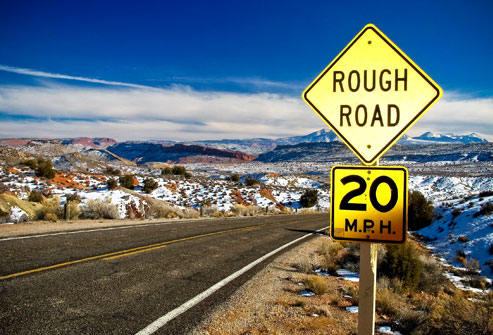I went to see “The Way” with Erin and saw a lot of myself in the characters. You’d see a lot of yourself, too.
Mood music:
The summary of the film is this (stolen from IMDb): Tom is an American doctor who goes to France following the death of his adult son, killed in the Pyrenees during a storm while walking The Camino de Santiago, also known as The Way of St. James. Tom’s purpose is initially to retrieve his son’s body. However, in a combination of grief and homage to his son, Tom decides to journey on this path of pilgrims. While walking The Camino, Tom meets others from around the world, all broken and looking for greater meaning in their lives, and discovers the difference between the life we live and the life we choose.
I don’t identify with Tom as much as I do his walking companions, especially a Dutchman named Joost and an Irish writer named Jack.
Joost tells Tom he’s making the journey because he needs to lose some weight to fit into his suit for an upcoming wedding. Jack is on the journey because he thinks there might be a book in the experience, and he’s trying to break his writer’s block.
If you rolled these two guys into one, that would be something close to me.
Despite the official reason Joost is there, he proceeds to eat his way across Spain. For much of the movie, he’s comforting himself with food. Jack is a blowhard who likes to talk about living like a real pilgrim, living off the land for survival and such. But he uses his company-issued credit cards to enjoy all the comforts of the local culture.
At one point, after a lot of wine, Tom interrupts Jack’s latest verbal tirade, calling him a bore who thinks he’s better than everyone else because he’s writing a book. The truth is that for all his talk, Jack’s carrying a lot of spiritual pain. It reminded me of some of my own bluster and hypocrisy. But it also reminded me of the healing power of writing, and how important it is to me. Not that I needed the reminder.
The scene that really hit me hard, though, is one where Joost is in his hotel room, about to tear into the feast he’s ordered from room service.
He’s wearing an open bathrobe, staring at himself — and his bloated belly — in the mirror with disgust. He stares at the tray of food and goes to take the first bite, and it’s there that you see the shame and pain in his eyes. The truth eventually comes out that his wife won’t sleep with him anymore because he’s too fat. He wants to please her, but he can’t stop himself from eating and popping pills.
All my past binge eating, wine guzzling and obsessive pain pill popping came back to me, as clear and awful as if I had just done it all the day before. I really felt bad for Joost at that moment.
By film’s end, Jack seems to have had a spiritual re-awakening and Joost seems to accept who he is, saying he’s just going to buy a new suit.
The recovered binge eater in me wasn’t particularly satisfied with that outcome, but it’s clear by film’s end that each of the characters came a long way in mending their broken souls.
For most of my life I’ve been an avid walker. As a kid I walked the full length of Revere Beach every day. In my 20s and 30s, I’d go out almost daily and take long walks. For all my recovery from addiction, the walking is something I haven’t gotten back into as much as I should. This movie has me rethinking that one. It reminded me that I walked for a spiritual lift as much as it was for weight control. In fact, a lot of my walking life was done in the midst of binge eating.
I’ve been able to control my weight in recent years without all the walking. But I think I need to get back to the walking anyway.
A good walk can help me set my mind and soul right. It doesn’t have to be a walk across Spain.
In fact, I’d much rather walk Revere Beach or the hilly terrain where I live now.








